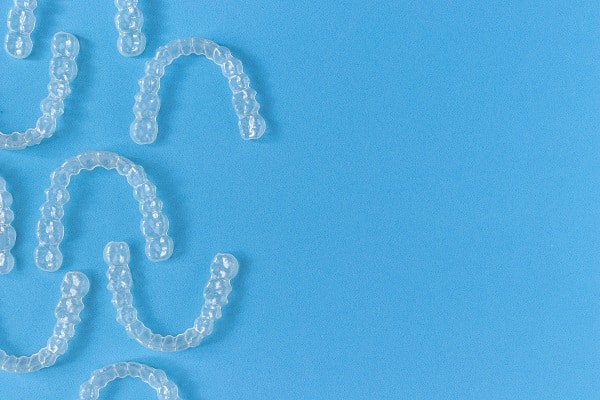A family dentist is a popular resource to utilize when looking for ways to prevent cavities. Additionally, they can help individuals identify the cause of the cavity, which is necessary when looking to prevent them from developing in the future.
How cavities form
Cavities are caused when bacteria, acid and/or food particles are left on or in between the teeth for too long. These cavity-causing elements are contained in plaque, which is a sticky substance that clings to teeth. Over time, plaque will continue to build up until it is removed and the longer it stays on one’s teeth, the more likely the individual will be diagnosed with one or more cavities. This makes it essential for all patients to understand how to prevent cavities from forming in the first place.
How to prevent cavities from forming
Outlined below are a few tips from a family dentist on cavity prevention.
Brush and floss properly
Family dentists state that it is essential for dental patients to understand how to brush and floss, in a proper manner. Brushing needs to be done at least twice a day and in order to brush properly, it is necessary to use a soft-bristled toothbrush and a fluoridated toothpaste. It is important to use small circular motions when brushing the teeth and for at least two full minutes. Flossing must be done at least once a day using waxed floss. Sliding the floss carefully in between the teeth to remove any hidden food particles is essential.
Eat fewer foods that are sugary or acidic
There are some foods and drinks that are full of either sugars or acids that can cause cavities to form. A shortlist includes soda, sweetened beverages, ice cream, raisins, oranges, certain dairy products, processed foods and grains. A shortlist of foods and drinks that support healthy teeth include green leafy vegetables, legumes, milk, water and herbal teas. For those who just are not able to avoid consuming cavity-causing foods and drinks, using a straw can be beneficial as this helps prevent the teeth from being exposed to the sugars and/or acids.
Dental sealants
According to a family dentist, patients of all ages can have dental sealants placed on their teeth, as sealants help to protect from the outside elements that can cause cavities to form. Placing dental sealants on a patient’s teeth does not take long to perform and can last for many years. It is necessary for individuals with sealants to undergo regular dental checkups in order to ensure that the sealants are still doing their job. If it is determined that sealants are in need of repair, more sealant material will be added to the tooth by the family dentist.
Consult with a family dentist
Cavity prevention is important when looking to maintain good oral health. However, what is more important is to identify the causes behind the cavities. With the help of a family dentist, both the root cause and prevention tips can be determined. To get started, reach out today!
Are you considering using a family dentist in the Boulder area? Get more information at https://www.peakviewdentistry.com.
Check out what others are saying about our dental services on Yelp: Family Dentist in Boulder, CO.




